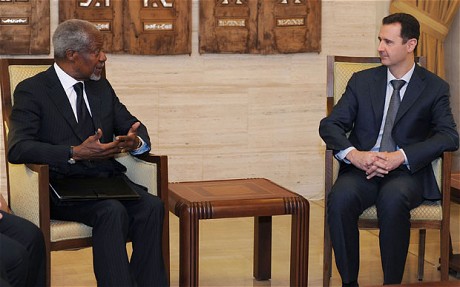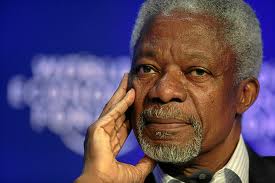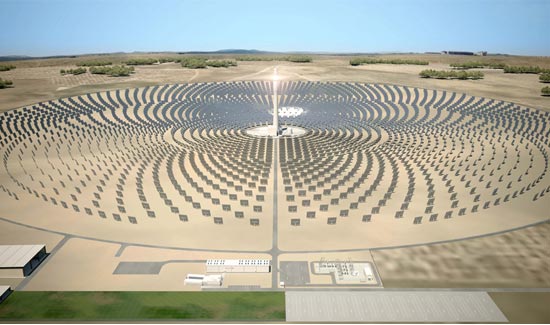Lessons from Syria, London…and Port Augusta?
This last month of news footage can almost be characterised by 2 stories. The unfolding crisis in Syria, and the Olympics. Personally, I think I watched way too much Olympics. It’s amazing how every four years I get sucked in to watching some of the weirdest sports, long into the early hours of the morning. And when it comes to Syria, I don’t really know what to believe.
But as I turned the television off and let the 24hour updates numb someone else’s brain cells, I began to wonder was wondering what lessons might be learned from both.
So let’s begin with Syria…
Lesson 1: When national interest conflicts, international diplomacy sucks
The UN has been through its ups and downs, but the fact that it can’t even release a statement regarding the Assad regime has to be one of its lowest. The reality that the Russians have been blocking things is no surprise, as Syria is possibly their last key supporter in the middle east, and has probably become one of their best customers in the arms department…which Putin has ironically announced it will be one of Russia’s key economic growth sectors for the next few years. China jumped onto the bandwagon because Russia and China certainly don’t want to be seen supporting oppressed minorities fighting for their rights…or else they might have a few to deal with on the home front.
But this story is not so different from the Rio+20 Earth Summit, or even the UN climate negotiations in Durban before that. At both of these conferences, the newest bad kid on the block, Canada, was continuously blocking progress on a number of issues, while promoting their carbon intensive Tar Sands initiative to the world as “Green”. And on the other side of the spectrum, the Holy See (the Vatican) single handily ensured that women’s reproductive rights were deleted from “the future we want at Rio” while trying to cover up the irony that the Holy See is the largest importer of condoms per capita in the world.
Lesson 2: International diplomacy definitely cannot work without domestic support
Kofi Annan is a bad ass diplomat. He is like the Gandhi of diplomacy. I mean he has been everywhere and seen everything and had to put up with the biggest crackpots and dictators you could imagine. So when Kofi Annan left, I was shocked.
But Kofi didn’t leave because of Russia or China. Kofi left because he felt that no side in the civil conflict was willing or wanting to live up to the peace deal Kofi had drawn up. Basically, no-one wanted to come to Kofi’s party.
The Free Syrian Army doesn’t trust Assad and Assad don’t trust them either.
Now let us turn to London with…
Lesson 3: Local support is critical to success
As an Australian, watching the British runners pound home to victory while the Aussie’s toddled along behind wasn’t exactly the most inspiring image to behold. In fact, it was the opposite of what I was expecting. The Australian media had made us all believe that we were in with a chance to challenge the home team, but in the end, we only just managed to top New Zealand thanks to a late effort by our Synchronised Swimmers.
But watching Britain’s golden boys and girls from across the not-so-commonly cordial British Isles made me think about the power of the real home town advantage, the hooligans. It takes me back to memories of Sydney, when the passion was high and we pushed on a plethora of athletes we had never heard of before, in sports many of us had never tried, and would never think of again.
And it was the same in London. Jessica Ennis, the women’s heptathlete, was Britain’s golden girl of the games. From what I could see, the whole of Britain had fallen in love with her. But who can even name what events are in the heptathlon?
The point is, it doesn’t matter. All that matters is that they scream her name whenever they see her face.
Lesson 4: Local support is nothing without funding
Back in the days of amateur athletes you could maybe make a case for the equality of the Olympics. But in the modern era, the relationship between of national sports development program funding and success is unfortunately pretty close.
As Zaki Laidi highlights, “of the ten countries that received the most medals at the London games, all except China and Russia are OECD members. There are no less-developed countries, with the possible exception of Ukraine, in the top 15”. More importantly, a brief look at Britain’s current funding controversy highlights the fragility of the local support factor.
Britain’s Olympic sport development program received an unprecedented £500 million over the last 4 years, funding that the government has now retargeted to only fund sports that are “medal potential” leading up to Rio in 2016. It is a harsh reality to any sport lover to think that taxes might do more than their screaming in front of the television to help along their national team, but it’s true. And it has been the story of the Olympics ever since the US and USSR went into a global sport race every 4 years throughout the Cold War.
So that’s my lessons learned.
But where does Port Augusta come into all of this ?
Well, for the last year, Port Augustans have been contemplating how they’re going to replace their two aging coal power stations. And over the last couple of weeks, this town has become the front-line of climate activism in Australia, as it could be the home of Australia’s first solar-thermal power plant. And believe it or not, lessons 1 to 4 are more alive than ever.
At the recent Rio+20 Earth Summit, Australia played a compromising middle role between the developed and developing power mongers. But as we all know, that only resulted in a weak and compromised final text with no vision for the future anyone wants. But the general idea’s still there.
But here, in contrast to Rio and Syria, there is local support, and there is local vision. The local Mayor’s behind it, and a recent vote of over 30% of the community members showed that 98% of voters want to replace the old coal with new solar thermal.
But as London’s recent success highlights, you need more than local support. And that’s just where the debate’s shaping up. Dick Smith, Australia’s favorite larrikin millionaire has come out guns blazing saying the Australian government needs to get behind the solar thermal plant. Because just like women’s heptathlon, some things are hard to make a profit from initially, but they might just end up paying off in the long run, jump, throw, hurdle and whatever else they do…
And according to my analysis of Syria and London, a little bit of federal funding might be just what Australia needs to bring a bit of pride back to the land of not so many gold medals, but soaking in golden sunshine.




About the author
Chris Wright
Climate researcher, political ecologist, activist and an award-winning slam poet from Australia.





